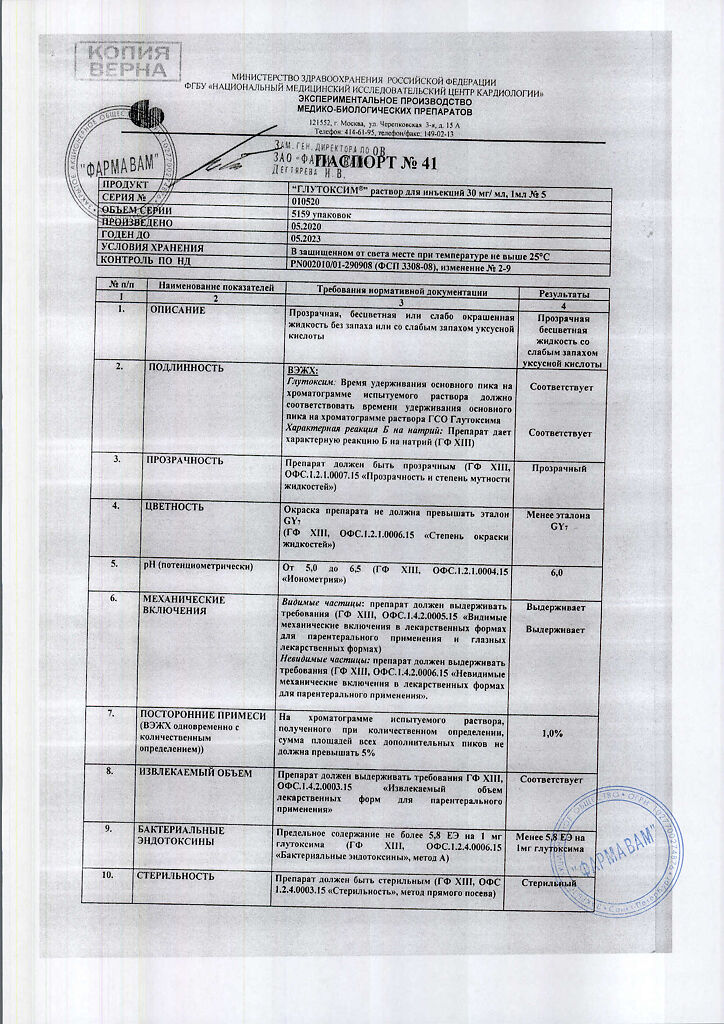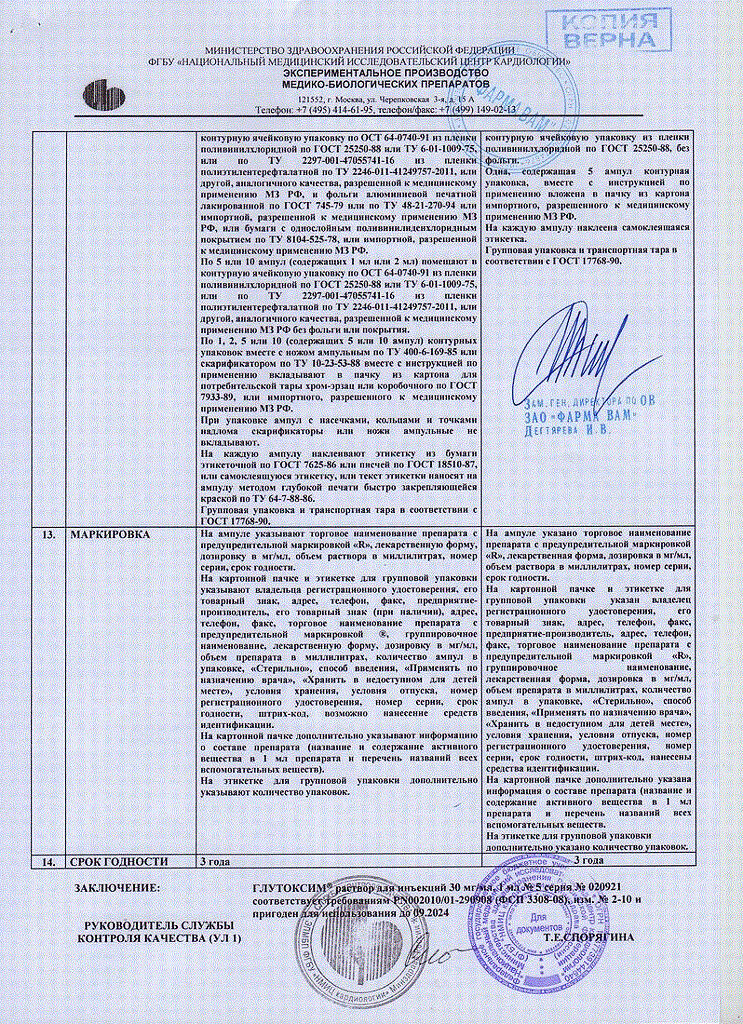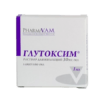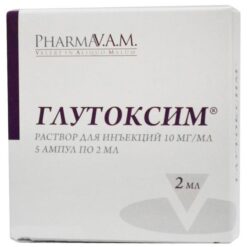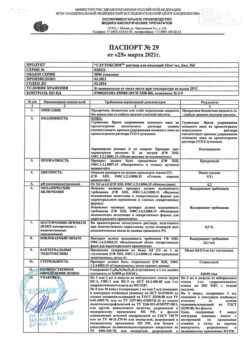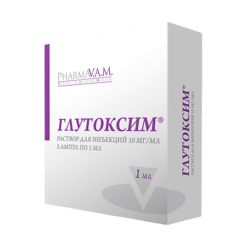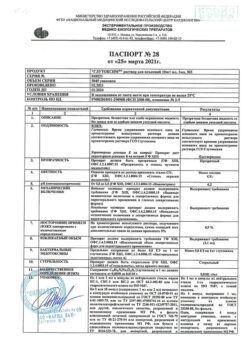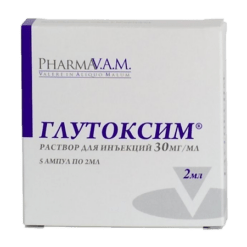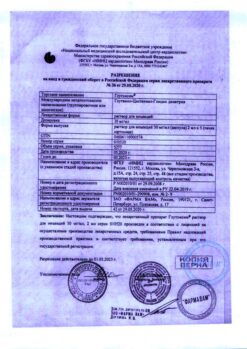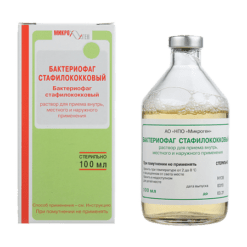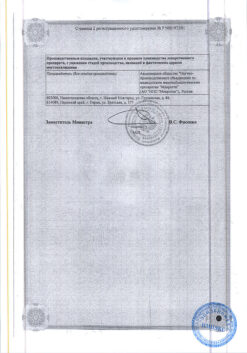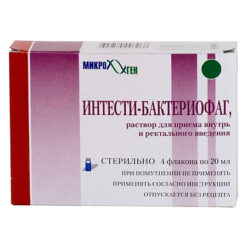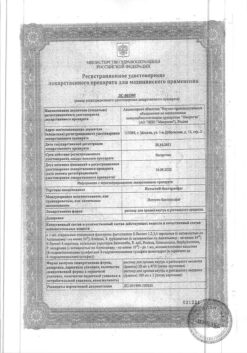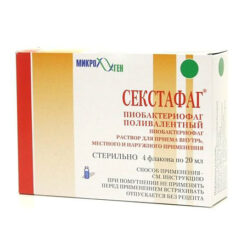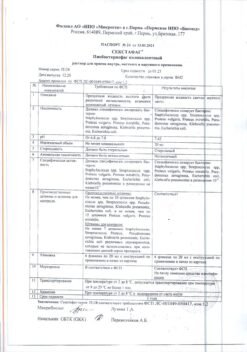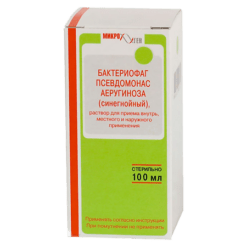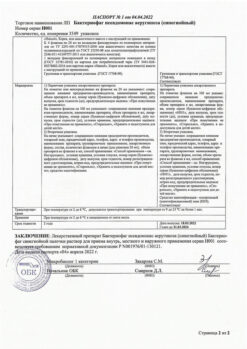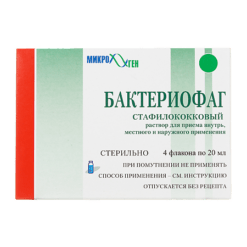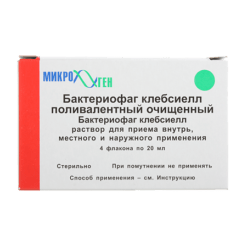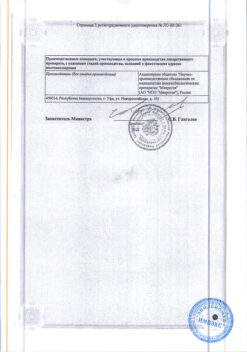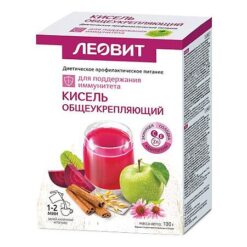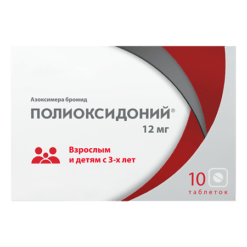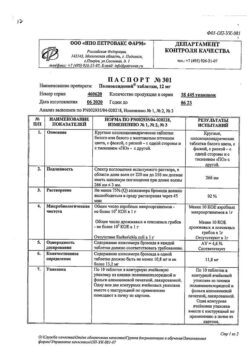No products in the cart.
Glutoxime, 30 mg/ml 1 ml 5 pcs
€36.70 €30.59
Description
Glutoxim – normalizing metabolic processes, regulating redox processes, immunostimulating.
It affects intracellular processes of thiol metabolism, redox state of cells. Immunomodulatory and systemic cytoprotective action is determined by new level of redox systems and dynamics of phosphorylation of key proteins of signal transduction systems and transcription factors (NFkB and AP-1), especially in immunocompetent cells.
It has differential effect on normal (stimulation of proliferation and differentiation) and transformed (induction of apoptosis – genetically programmed cell death) cells.
It has a high affinity to the cells of the central organs of immunity and the lymphoid tissue system, stimulates the processes of erythropoiesis, lymphopoiesis and granulocyte-monocytopoiesis.In immunodeficiency states), promotes restoration of neutrophils, monocytes, lymphocytes level and functional activity of tissue macrophages in peripheral blood.
It has stimulating effect on cascade mechanisms of phosphate modification of basic proteins of signal transduction systems, initiates cytokine system (including endogenous production of interleukin-1, interleukin-6, tumor necrosis factor, erythropoietin), reproducing the effects of interleukin-2 by induction of expression of its receptors.
The bioavailability is 90%. Time of reaching Cmax in intravenous administration – 2-5 minutes, in I/M – 7-10 minutes. Distribution in body organs and tissues: maximal accumulation – in liver, kidneys, immunogenesis and hematopoiesis organs, minimal – in adipose tissue. It is metabolized to amino acids. It is excreted by the kidneys as metabolites.
Indications
Indications
Secondary immunodeficiencies associated with radiation, chemical and infectious factors (prevention and treatment); restoration of immune reactions and bone marrow hematopoiesis, increasing the body’s resistance to a variety of pathological influences – infectious agents, chemical and/or physical factors (including. intoxication, radiation);
HIV, influenza, viral hepatitis (B and C), drug-induced hepatitis, metastatic liver injury, hepatocellular carcinoma, alcoholic liver disease, urogenital infections, pulmonary tuberculosis, sepsis, autoimmune diseases;
Prevention of postoperative purulent complications; to improve the effectiveness of antibiotic therapy in chronic obstructive pulmonary diseases.
Active ingredient
Active ingredient
Composition
Composition
Active ingredient:
Glutamyl-cysteinyl-glycine dinatria;
Auxiliary substances:
Sodium acetate,
Acetic acid (diluted to pH 6.0),
water d/i.
How to take, the dosage
How to take, the dosage
Intravenous, intramural, p/c in adults 5-40 mg (depending on the nature and severity of the disease) daily. The course is 10 days. If necessary, the course is repeated in 1-6 months. Prophylaxis: 5-10 mg/day in m/m.
In metastatic liver lesions, hepatocellular carcinoma – intravascularly (in the hepatic artery or portal vein) through a catheter, bolus, in a daily dose of 90-150 mg for 5-6 days, in days 2-4 – in combination with chemotherapy. If necessary, the course is repeated in 2-3 months.
Interaction
Interaction
Glutoxime® potentiates the bacteriostatic effect of isoniazid, rifampicin, rifabutin, cycloserine, capreomycin, levofloxacin on Mycobacterium tuberculosis, the anthracycline antibiotic doxorubicin, the alkylating agent etoposide on tumor cells when used in combination.
Glutoxime® reduces the therapeutic effect of nifedipine and verapamil.
The inhibitors of the cyclooxygenase pathway of arachidonic acid oxidation – indomethacin, meloxicam – reduce or completely suppress the pharmacological effect of Glutoxime®.
The carrier solution for infusion isotonic sodium chloride solution or 5% glucose solution is used.
Special Instructions
Special Instructions
Glutoxim® is a Russian innovative drug, a representative of a new class of drugs – innate defense regulators (IDR). According to their pharmacological activity, the drugs of this group refer to antibiotic adjuvants. The main effect of Glutoxime is potentiation of anti-tuberculosis chemotherapy, including increasing the availability of Mycobacterium tuberculosis to the action of drugs and overcoming drug resistance of the pathogen.
According to the results of basic and clinical investigations Glutoxime ® increases secretion by macrophages of endogenous antibiotics – cationic antimicrobial peptides (CAP) (defensins and catalecidins) and stimulates their absorption by mycobacteria. The action of CAP leads mainly to disruption of the structure and functions of the cytoplasmic membrane of the pathogen, which in turn leads to the death of the latter. The antibacterial activity of Glutoxime® is shown when administered in vivo and requires a pool of endogenous QAP capable of mobilization for its realization, i.e. in relation to the action of the drug QAP act as effector molecules, predetermining its indirect antibacterial effect.
The action of the drug is complemented by the effect of overcoming drug resistance of Mycobacterium tuberculosis to isoniazid. Glutoxime® initiates transformation reaction of isoniazid (prodrug) into pharmacologically active form – isonicotinic acid, which has antimycobacterial action against the pathogen, which allows to overcome drug resistance of Mycobacterium tuberculosis, caused by negative transformation of katG (catalase-peroxidase gene) and inhA (enol-APB reductase gene). The action of the drug is accompanied by an increase in the production of peroxynitrite and nitozoglutathione, compounds with independent bactericidal action.
It is also shown that Glutoxime ® limits the possibility of intracellular parasitization of Mycobacterium tuberculosis. The drug stimulates exocytosis (elimination) of vesicles with intracellularly parasitized mycobacteria from macrophages, ensuring their removal from the pharmacological refuge and making them available for the action of antibacterial drugs, including isoniazid, rifampicin, rifabutin, cycloserine, capreomycin, levofloxacin. The pharmacological effect of Glutoxime in relation to the antibacterial activity of the listed antibiotics is potentiating, as it increases the availability of the target (microorganisms) to the action of the drug.
Glutoxime® increases the frequency of cessation of bacteriuria and reduces the time of sputum abacillation. By the end of the 2nd month of treatment, among patients treated with Glutoxime®, bacteriuria had ceased in 91.1% of patients with drug-sensitive tuberculosis (vs 61.1% in controls) and in 75.1% of patients with drug-resistant tuberculosis (vs 389% in the control group) (p®some terms of resorption of infiltrative and focal changes in the lungs: by the end of the 2nd month of treatment, resorption of infiltrative and focal changes was detected in 93.2% of patients who received Glutoxime® along with chemotherapy (vs 62.2% of control group patients) (p® (vs 70.8% of control group patients) (p
Glutoxime® improves tolerance to TB chemotherapy: toxic reactions (increased ALT, ACT, bilirubin, serum creatinine) were observed in only 4.3% of patients, while in the control group – 11.1% of patients (p® were observed much less frequently – 6.4% of patients, while in the control group 20% (p®, were eliminated mainly during the first 2 months of treatment. Glutoxime® prevents exacerbation of chronic hepatitis during chemotherapy for tuberculosis, and in case of already developed drug-induced liver damage – allows to continue chemotherapy in full without resorting to its temporary withdrawal. Glutoxime® reduces the incidence of toxic hepatitis by more than 4 times.
Glutoxime® in combination with chemotherapy allows in a short time to prepare patients for surgical treatment – the drug increases the frequency of sputum abacillation and helps to disappear or significantly reduce the frequency and intensity of clinical and laboratory symptoms of the disease in patients who are to undergo surgery. The patients with drug-resistant tuberculosis who received Glutoxime ® along with antituberculosis chemotherapy in the preoperative period were 2 times more likely (59.6% vs 28.9%) to have positive dynamics of clinical and laboratory symptoms of the disease, the cessation of bacteriological excretion was observed 1.9 times more often (38.3% vs 20% – in control). Glutoxime® improves the immediate results of surgical treatment. Restoration of pneumatization of lung tissue by 21 days postoperative period occurs in 82% of patients who received Glutoxime® along with anti-TB chemotherapy, and only in 35% of patients who received only chemotherapy. Postoperative complications (pleural empyema, specific process progression, nonspecific pneumonia) developed 4.5 times less frequently (6.9% vs 32%) in patients who received Glutoxime® than in patients who received chemotherapy alone (p®, were shorter by 15-fold and were 42.1±1.7 bed days and 62.3±8.1 bed days in patients receiving chemotherapy alone (p
Glutoxime® improves tolerability of chemotherapy, radiation and chemoradiation therapy in oncology. Glutoxime ® restores the sensitivity of stem cell receptors to endogenous and exogenous colony stimulating factors and erythropoietins inhibited by chemotherapy and cancer intoxication. Due to this there is a restoration of leukocytic, platelet and erythrocytic hematopoiesis. The drug reduces the incidence of leukopenia and thrombocytopenia or shifts the deep hematological toxicity to moderate. Addition of Glutoxim during chemotherapy in patients with morphologically confirmed stage IIIb-IV NSCLC by etoposide + cisplatin scheme, who have not received prior chemo- and radiation therapy, allowed to reduce the incidence of deep neutropenia (3 and 4 degrees of toxicity according to WHO) by 2.5 times (p=0.002), the incidence of total thrombocytopenia – 1.6 times (p
Glutoxim® helps prevent or reduce the severity of skin (dermatitis) and mucosa reactions (mucositis, stomatitis, rectitis, cervicitis) to irradiation and chemotherapy exposure. Complications in the form of early radiation rectitis in patients with stage III cervical cancer against the background of Glutoxim® developed less frequently (6.15% vs 16.0%), recovery of pelvic organs functions is faster (p® in patients with oropharyngeal tumors contributes to a significant reduction in the severity of subjective manifestations of radioepithelitis – the frequency of bleeding gums and focal epithelitis occurrence decreases significantly. Frequency of such complaints as dry mouth, pain on swallowing, change in taste decreased.
Glutoxime® improves or maintains the quality of life of patients receiving CT/LT and provides all required courses of CT. In patients with stage III-IV oropharyngeal tumors who received radiation therapy, Glutoxime® promotes restoration of quality of life – the Karnofsky index increases to 90% (with 50-60% in controls) (p® promotes chemo, radiation and chemoradiation therapy in full, without reduction of planned courses. Clinical trials demonstrated an increase in the rate of positive responses to radical radiation therapy for locally advanced cervical cancer. The frequency of achieving complete remission was 77% (in the control group – 38%). There was a more rapid recovery of peripheral blood parameters and improvement of the general condition of the patients on the background of radiation therapy.
Glutoxime® increases the rate of complete (including morphological) remission and recurrence-free survival. The rate of positive responses to radiotherapy in patients with oropharyngeal cancer of stage III-IV (complete + partial remission) in the group of patients treated with Glutoxime ® was significantly higher than in the control group – 83.4% and 61.5% respectively. In HER-2(-) stage II-III breast cancer patients, the addition of Glutoxime® to neoadjuvant therapy led to a doubling of the previously achieved rate of complete morphologic remission. Chemotherapy of platinum-resistant ovarian cancer patients with Glutoxime® inclusion had a median recurrence-free survival of 15.4 weeks, while without the use of the drug, the historical control data showed a median of 8 weeks in patients with the same intensity of treatment. The median recurrence-free survival was 19.4 weeks. Inclusion of Glutoxime® in the chemotherapy regimen showed clinical feasibility (complete remission+partial remission+stabilization) in 60% of patients.
When Glutoxime® was administered to patients with psoriasis, according to the results of clinical trials, patients experienced faster (on day 5-6 of therapy) and complete regression of rashes (infiltration, peeling, swelling), decreased itching and improved quality of life: PASI decreased from 395±4.0 to 11.7±5.2, while in patients receiving standard therapy – from 26.1±2.6 only to 21.0±2.9 (p® demonstrated hepatoprotective and toxic-modifying effects: after 7-10 days of therapy we observed a reduction of symptoms on the liver side – pain and/or heaviness in the right subcostal area decreased or stopped, ALT transaminase values normalized from 65.9±34.5 U/L to 45.9±15.0, AST from 98.1±25.4 U/L to 45.5±13.4 U/L (p® remission period was within 6 months in 19% of patients, within 1 year – in 20.8% of patients, over 1 year – in 51.2% of patients, 1.5 year and more – in 9% of patients.
In the complex therapy of sexually transmitted infections, Glutoxime®.as an antibiotic adjuvant contributes to the increase of efficacy (potentiation) of etiotropic antibacterial therapy of urogenital infections (UGI), one of the factors of deep reproductive disorders (up to infertility), reduces the risk of subsequent relapses of UGI. According to the results of clinical studies, the effectiveness of the UGI therapy one month after treatment according to PCR results (elimination of the pathogen) in the group of patients who received only antibiotic therapy was 64.5-73.6%, and in the group receiving Glutoxim ® along with antibiotic therapy – 97.4%-98.7%. When Glutoxime® was included in the regimen, relapses of infection were also significantly less common, and there was a reduction in the likelihood of recurrent UGI (if reinfected or reinfected) during the 12 months of follow-up following therapy.
Glutoxime® helps to increase the effectiveness of complex therapy of chronic inflammatory diseases of the internal genitalia of women. Inclusion of Glutoxime ® in the treatment of chronic inflammatory process of the internal genitalia in women of reproductive age increases the effectiveness of treatment. The restoration of the immune system function is noted, including at the local level: the activation and normalization of indices of nonspecific protection occurs, such as the concentration of secretory IgA and IgA of cervical mucus. The manifestations of an inflammatory reaction are cured (quick regress of the pain syndrome within the first 7 days), the patients’ quality of life improves and 96.8% of the patients feel permanently cured.
Glutoxime® improves the efficiency of complex therapy of chronic inflammatory diseases of the male genitals including those complicated by excretory toxic infertility. Studies of the effectiveness of the drug Glutoxim ® in the treatment regimen revealed a pronounced anti-inflammatory effect: a light microscopy of the prostate secretion before treatment – 91.3 ± 11.2 white blood cells in the field of view, after treatment – down to 11.9 ± 1.8 (p ® in the treatment of chronic bacterial prostatitis (CBP) reduces the therapy to 3 weeks (against the standard 4-6 weeks). In the complex therapy of CPB combined with UGI, the inclusion of Glutoxim® increases the remission period and reduces the relapse rate by 3 times. Inclusion of Glutoxim® in treatment regimens for CKD improves the erection and ejaculatory component of the male copulatory cycle.
Contraindications
Contraindications
Hypersensitivity, pregnancy, breastfeeding.
Side effects
Side effects
Subfebrile, soreness at the injection site.
Overdose
Overdose
There are currently no reported cases of Glutoxime® overdose.
Pregnancy use
Pregnancy use
Clinical studies of Glutoxime® in pregnancy and lactation (breastfeeding) have not been conducted.
Additional information
| Weight | 0.026 kg |
|---|---|
| Shelf life | 2 years |
| Conditions of storage | In a light-protected place, at a temperature not exceeding 25 °C |
| Manufacturer | Pharma VAM, Russia |
| Medication form | solution for injection |
| Brand | Pharma VAM |
Other forms…
Related products
Buy Glutoxime, 30 mg/ml 1 ml 5 pcs with delivery to USA, UK, Europe and over 120 other countries.


